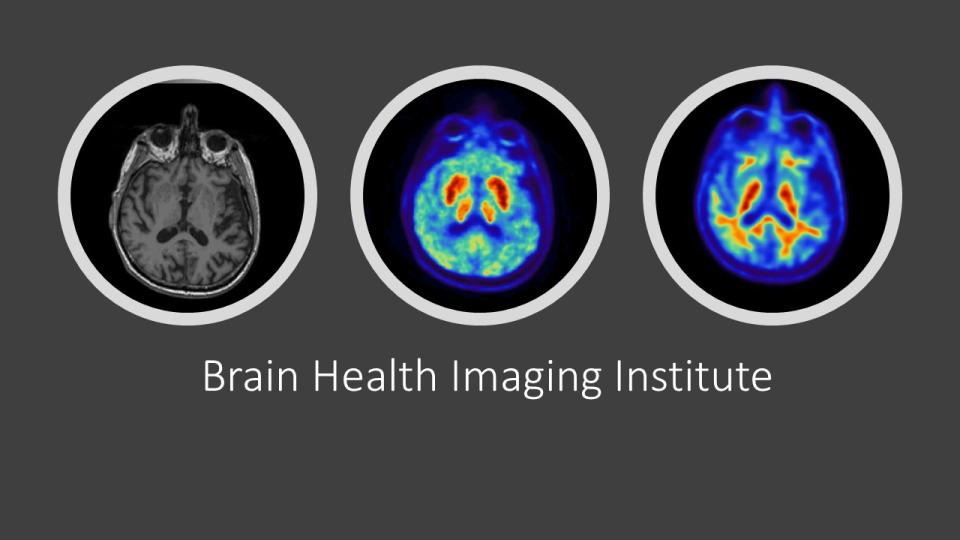Award or Grant: NIH R01 AG057848 (2018-2023)
Cerebrospinal fluid (CSF) drainage pathology, a potential new Alzheimer's disease (AD) therapeutic target, has been hypothesized as impaired in AD and demonstrated in AD models. There is no non-invasive technique to measure brain CSF clearance (BCC) in humans. Low molecular weight positron emission tomography (PET) tracers such as 18 fluorodeoxyglucose (F)-MK6240, 18F-THK5351, and 11C-PiB, like other interstitial fluid (ISF) solutes, rapidly enter and clear the brain. They can freely pass through the blood brain barrier (BBB), distribute into brain and ISF spaces, and move into the ventricular CSF through the glymphatic system. The Li lab has developed a method to use radiotracer clearance from the brain as a biomarker for glymphatic clearance. The lab's recent paper and preliminary dynamic positron emission tomography (PET) studies demonstrate that radiotracer distribution in ventricular CSF from 35 to 60 minutes (vCSF-AUC) is a valuable marker to estimate BCC. The lab's preliminary data demonstrate that, after controlling for blood tracer levels, vCSF-AUC are highly reproducible within subjects across tau and amyloid PET tracers and achieve 90% accuracy for group separation between normal and impaired subjects. BCC correlated inversely with brain amyloid deposition, cognitive performance, and cortical thickness even after controlling for confounds. These observations justify the lab's proposed two-year longitudinal study to evaluate the vCSF-AUC as a global predictor of amyloid beta (Aβ) deposition. Secondarily, the lab will examine the clearance deficit in early stages of AD and association with features of neurodegeneration (atrophy and cognitive function). This study is a novel attempt to improve our understanding of a proposed mechanism for AD. The lab anticipates this project will facilitate research into the development of risk factors, epidemiology, prevention and treatment of AD.


